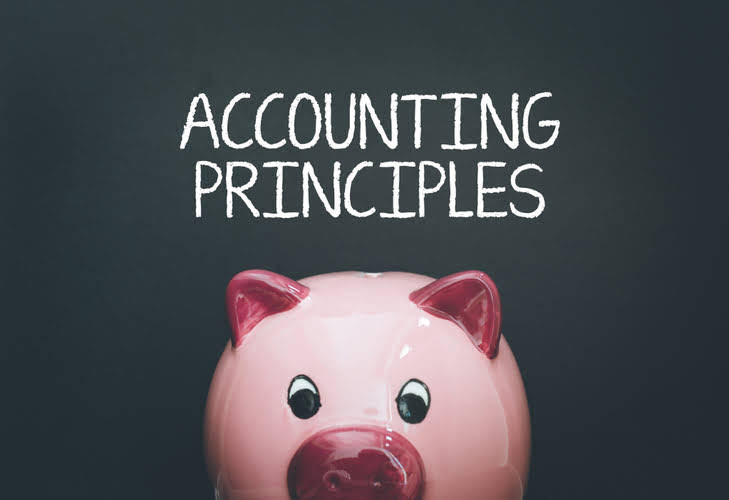
This calculator helps you understand the difference between filing taxes as a sole proprietor vs. S-Corporataion, which assumes you receive 40% of your business income as an S-corp owner salary. If you are taxed as an S corporation, you will need to file the additional Form 1120, which is your corporate tax return. Schedule K-1 is used for calculating S corporation taxes, and the same information should be reported in Schedule E of your personal tax return. The debate over the superiority of the S Corp or the LLC is one that’s common among attorneys and business owners alike.

Reasonable Salaries for S Corporation Owners

Never going to happen, so a separate estimated tax payment will be needed. Finding the right balance between salary and dividends is a strategic decision that allows S Corp owners to s corp payroll maintain consistent cash flow while maximizing tax efficiency. Combining salary and distributions enables owners to balance steady income with flexibility based on company performance. A fixed salary provides dependable income and simplifies payroll and expense tracking, ensuring that essential personal and business financial needs are met.
- Just keep good records, and don’t take distributions before you’ve paid yourself a fair wage.
- If your LLC is earning significant profits and you’re willing to handle (or outsource) the extra compliance, the S Corp election can be a savvy way to keep more of your money.
- A Limited Liability Company (LLC) is an entity created by state statute.
- There’s no formal payroll process needed because, for tax purposes, you are the business.
- A fundamental component of this process is the accurate completion and submission of Form W-2, which summarizes the salary and taxes withheld over the year.
Business Growth: Proven Tips That Work

But it also allows you to split your income into salary and distributions, potentially lowering the total employment taxes you pay. Each active partner would Budgeting for Nonprofits pay themselves a reasonable salary for their role. One advantage of a standard multi-member LLC (taxed as a partnership) is flexibility – partners can sometimes allocate profits in unique ways or have special arrangements. Electing S Corp removes that flexibility (everyone’s share of profit must equal their share of ownership).

How to Determine a “Reasonable Salary” for S Corp Owners
On top of that, corporate profits after deduction of salary are considered unearned income. Before we proceed any further, let us first define what it means to operate under a Single-Member LLC business entity. As you may already know, most small business owners choose to incorporate as a limited liability company due to its personal asset protection features. Single-member disregarded LLCs will continue to be disregarded for other federal tax purposes. In summary, with an S-Corp elected LLC, you have to pay yourself (and other working owners) a salary.

News & Tax Tips
- You just have to choose your salary and pay schedule and connect your bank accounts.
- This is the amount that your S corporation will withhold from your employee paycheck and instead pay to the IRS in quarterly taxes on your behalf.
- Consulting with professionals and utilizing specialized resources can greatly enhance the payroll management process for S Corp owners.
- In this setup, you and your business are considered one entity for tax purposes.
- Federal income tax applies to your salary, in addition to employment tax.
- Use our S corporation tax savings calculator to make a quick estimate of the annual tax savings per owner.
The IRS requires S Corporation owners who actively work in their businesses to pay themselves a reasonable salary—one that reflects the value of the work they perform. This salary must be subject to payroll taxes (Social Security and Medicare), helping to prevent owners from avoiding employment taxes by taking all profits as distributions instead of wages. Unlike your salary, distributions aren’t subject to payroll taxes. You’ll still pay income tax on them, but distributions avoid the 15.3% payroll taxes (Social Security and Medicare) that sole proprietors and single-member LLCs pay on all business profits. That’s why S-corps are such a popular choice for small business owners, they can help you payroll legally lower your tax bill. Taxes on S corporation distributions treat them as personal income.
- Ensuring compliance also involves regular reviews of payroll processes and documentation practices to correct any discrepancies promptly.
- Even though you’re not on a payroll, you still owe taxes on the LLC’s profits.
- I really just want to make sure I’m making the right choice in utilizing the LLC as opposed to working as a regular employee and also want to make sure I’m adhering to all IRS and tax requirements.
- You can find statistics about employee pay on the Bureau of Labor Statistics website.
- A C-Corp can also pay dividends to you as a shareholder from its after-tax profits, but those dividends would be taxed again on your personal return (this is the classic “double taxation” of C-Corps).
